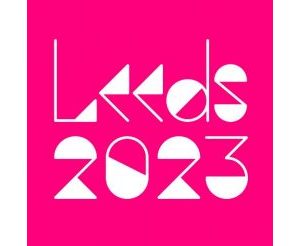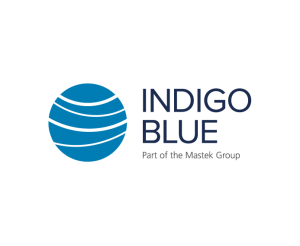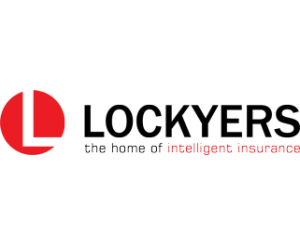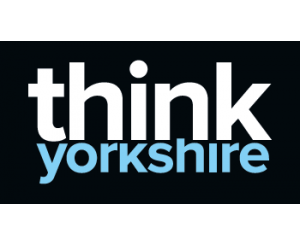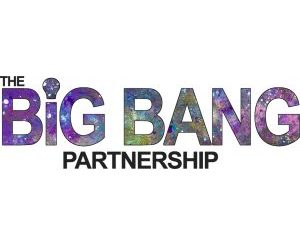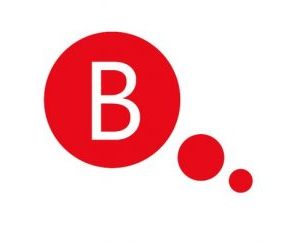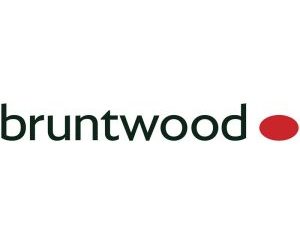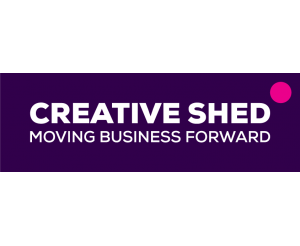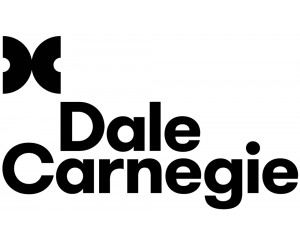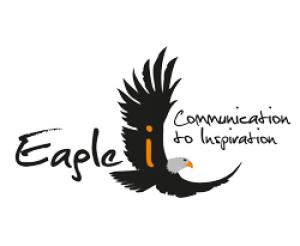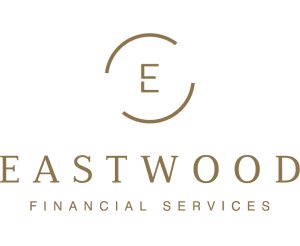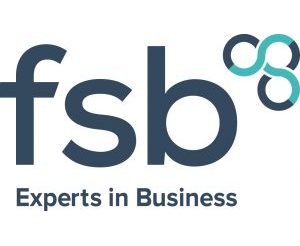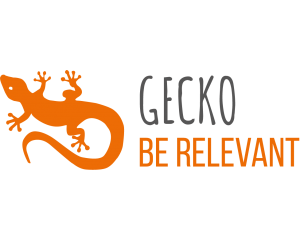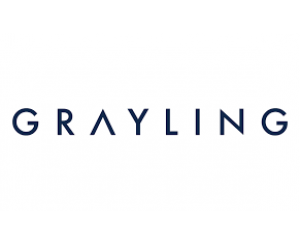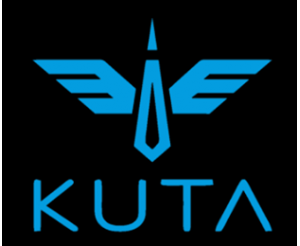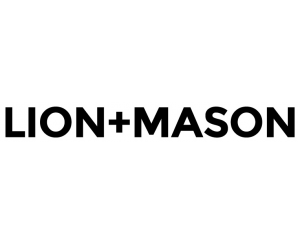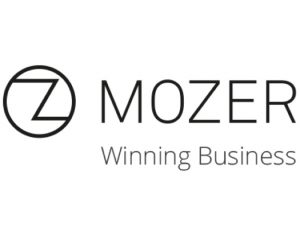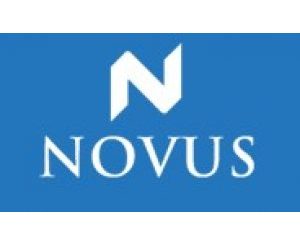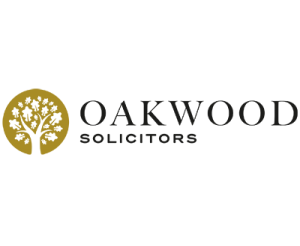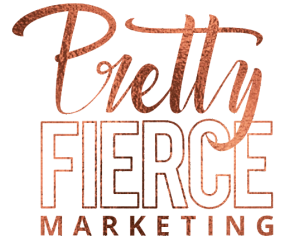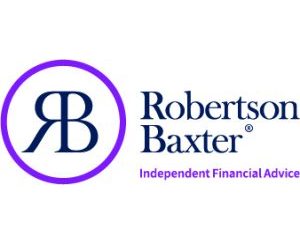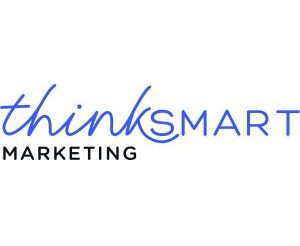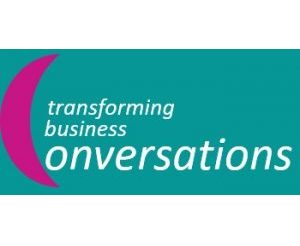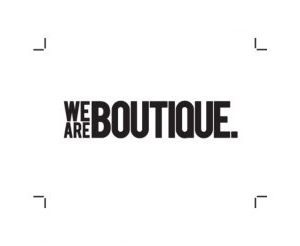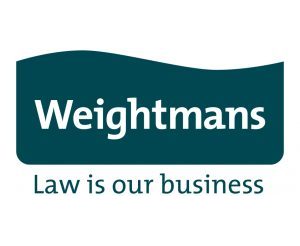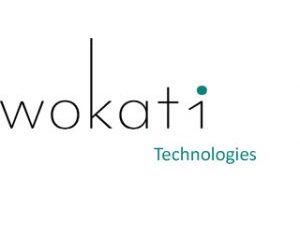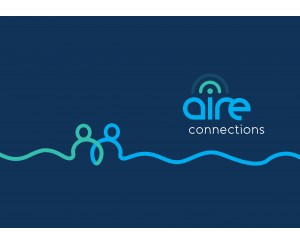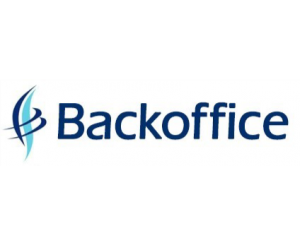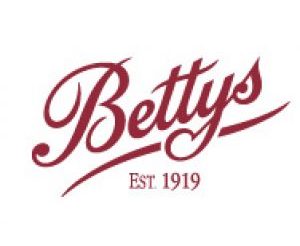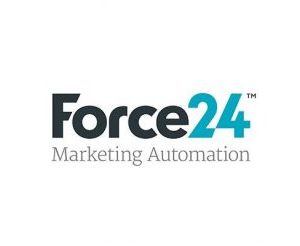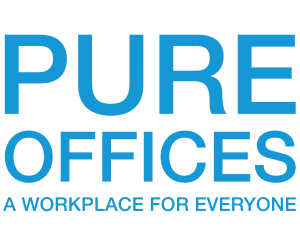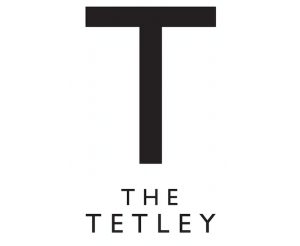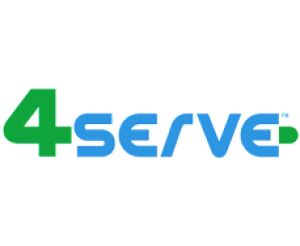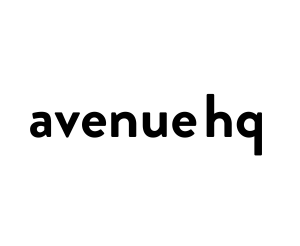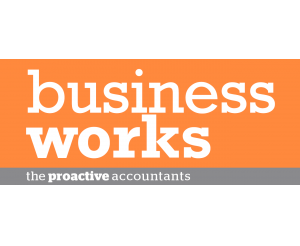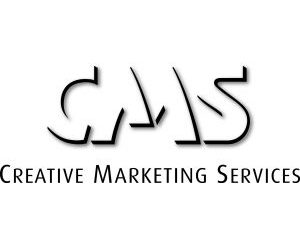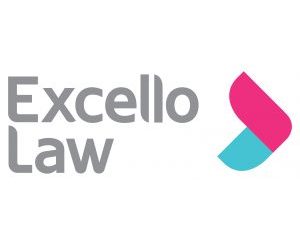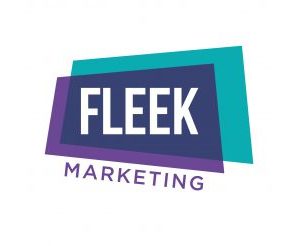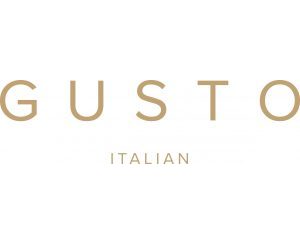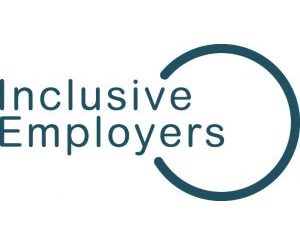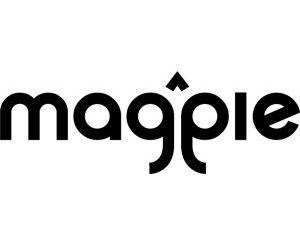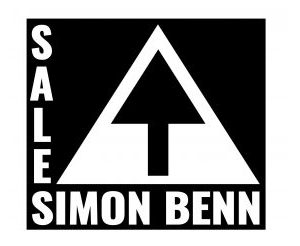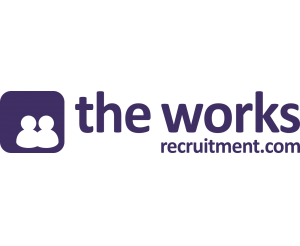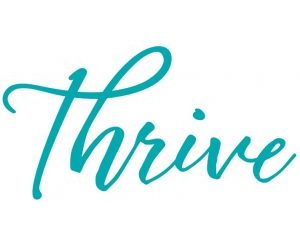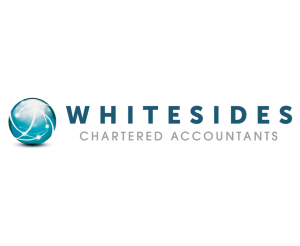#LeedsBizWeek
Top 5 Branding Myths to Avoid
When you’re running a business or working within a small marketing department it’s easy to start making reactive decisions that might not be in the best interest of your brand. Here are the top five branding mistakes and beliefs you can start to look out for to ensure you’re keeping your customers and employees happy.
- “I don’t have a brand”
Your brand is your relationship with customers. Just because you haven’t quantified that relationship doesn’t mean it isn’t there. Taking time to understand who you are as an business and who your customers are will help you meet the expectations of your customers and stakeholders.
2. “My logo is my brand”
I think this is the biggest myth around branding. Your logo is just one small part of your brand and acts as an identifier, like your name. But that identifier needs to be defined by a relationship, or a set of emotions and beliefs someone experiences when they see it. Believing that your logo is your brand can lead you to make mistakes like not taking the time to nurture these experiences or believing that the more places your logo is in, the better.
3. “Branding is just for customers”
Branding isn’t just for customers. In fact, it has an integral part in building a business’ culture. Branding helps you define a clear vision and mission, while also creating a set of values the business can unite with. When everyone in the business feels like they’re all striving for the same goals, silos break down and cooperation between departments become possible. Most people in the business understand what they do but few know why – branding gives them that why.
4. “The marketing department is responsible for the brand”
While it’s true that the marketing or communications department are the brand guardians for the business, this doesn’t mean they’re solely responsible for its wellbeing. Everyone in the business has a responsibility to maintain the business’ brand. Since all employees will have some interaction with your customers (or support the people that do) it’s important they understand what customers are expecting so the business can deliver it.
5. “Branding is expensive”
While some businesses might feel like they need an outsider to help define their brand, it’s not always necessary. Most of the time, you already know what you’re trying to achieve. Writing these goals down and sharing it with the rest of the business will ensure your values and expectations are clear for everyone. Likewise, reaching out to your customers to see if they’re needs are being met will help you understand your brand promise and channels. Branding builds a sustainable business: it keeps your employees happy and creates loyal customers – it’s something we can all afford to do.
If you’d like to learn some easy tips on how to define your business’ brand then come along to Kayla’s seminar on ‘How to Build a Brand’ during Leeds Business Week here. To learn more about Branswer visit www.branswer.com.


